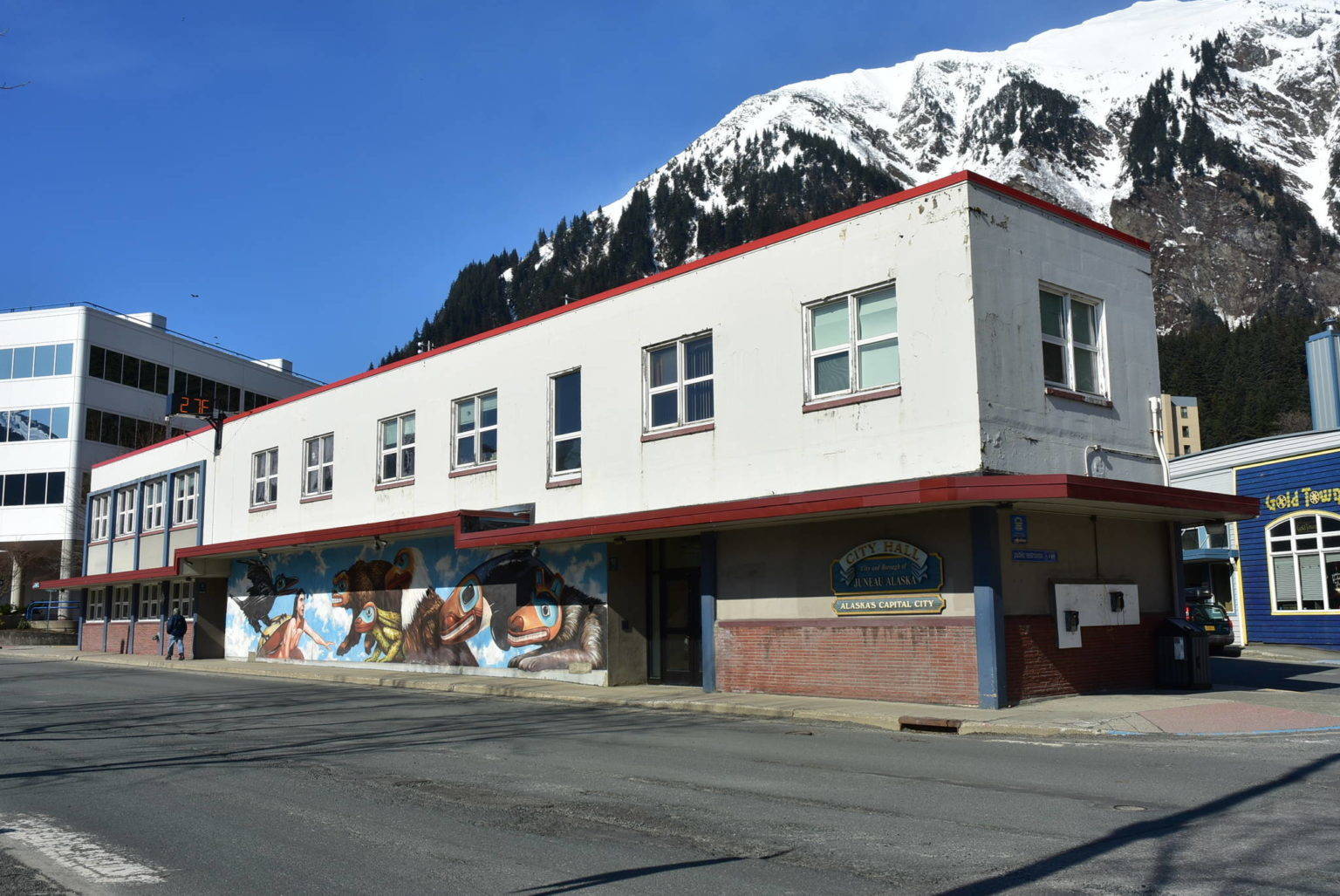Jerry Nankervis’ homily against bonded indebtedness July 8, 2020, as a legitimate tool to build necessary infrastructure appears to be a misguided missile attack.
[Stay the course, bonds aren’t the answer]
He notes that “our bonded debt [over the last several years] decreased from a record high to the much more manageable and appropriate levels we see today.” He credits this reduction to the last three mayors who understood that they “should be extremely careful spending taxes that are collected from our citizens.”
But, in the words of Paul Harvey, there is the “rest of the story.” First, mayors do not control whether bonds are issued. Second, more recent Assemblies were able to ride the wave and avoid new bond issues because so many of the major community investments had already been addressed. Between 2003 and 2019, the residents of the City and Borough of Juneau authorized $220 million in general obligation bonds. Of that amount, roughly $177 million was for school construction — renovations at JDHS and several elementary schools, and construction of TMHS, to name a few. Under state law most of these projects were to be reimbursed from the State of Alaska at up to 70%. Unfortunately, for several years the state has failed to fund these reimbursements, causing the burden to fall only on local residents. Nevertheless, CBJ has been steadily and dramatically reducing its indebtedness.
The remaining $42 million in debt represents investment in Aurora Harbor, the airport terminal, Capital Transit, Eaglecrest, Centennial Hall and the Dimond Aquatic Center.
No mayor has the ability to be “free-wheeling” with bond monies. Each general bond authorization must be first approved by a majority of the sitting assembly and by a majority of the voting electorate. We resort to bonding because, generally speaking, taxes from other sources in any given year are insufficient to fund multi-million-dollar capital projects. This is not unlike the choice homeowners make: Either wait many years to accumulate enough money to purchase a home (while having to continue to rent) or take out a mortgage that allows you to immediately occupy your home and pay off the mortgage over many years. By casting a ballot on a bond authorization, voters directly balance their interests in fair taxation and community need for the proposed project.
Ironically, Nankervis notes that “there is plenty of spending to do on our current infrastructure, like repairing the leaky roof at Mendenhall River School, for example.”
Touché. The Assembly is considering whether to ask voters to approve a $15 million bond package that includes money for roof repair at several of our schools. The Assembly will likely conduct a public hearing on the proposal at its Aug. 3, 2020 regular meeting. And, if the measures are put on the fall ballot, the voters will decide whether it is time to invest in the proposed projects.
• Bruce Botelho is a former mayor of Juneau and current member of the City and Borough of Juneau Economic Stabilization Task Force. Columns, My Turns and Letters to the Editor represent the view of the author, not the view of the Juneau Empire. Have something to say? Here’s how to submit a My Turn or letter.

